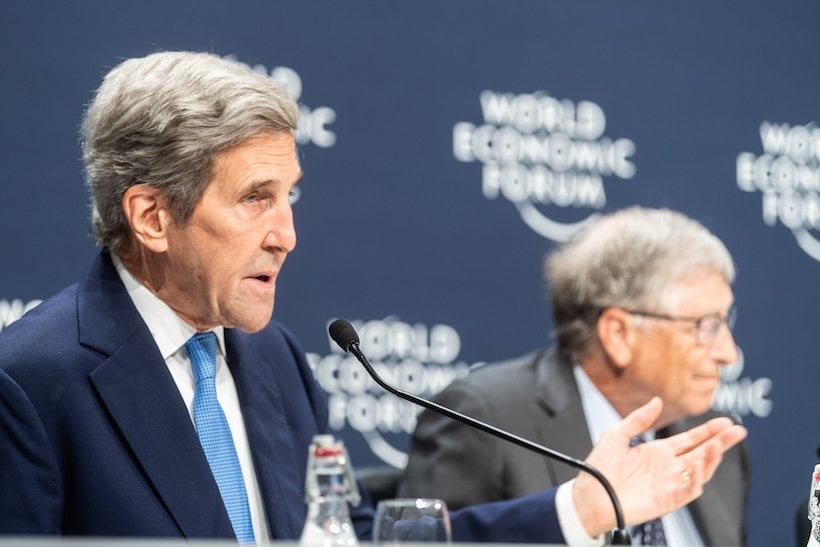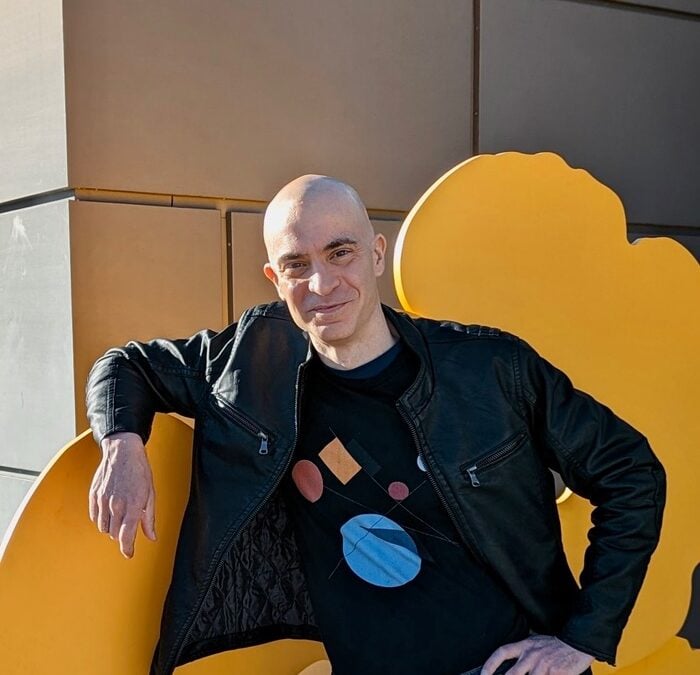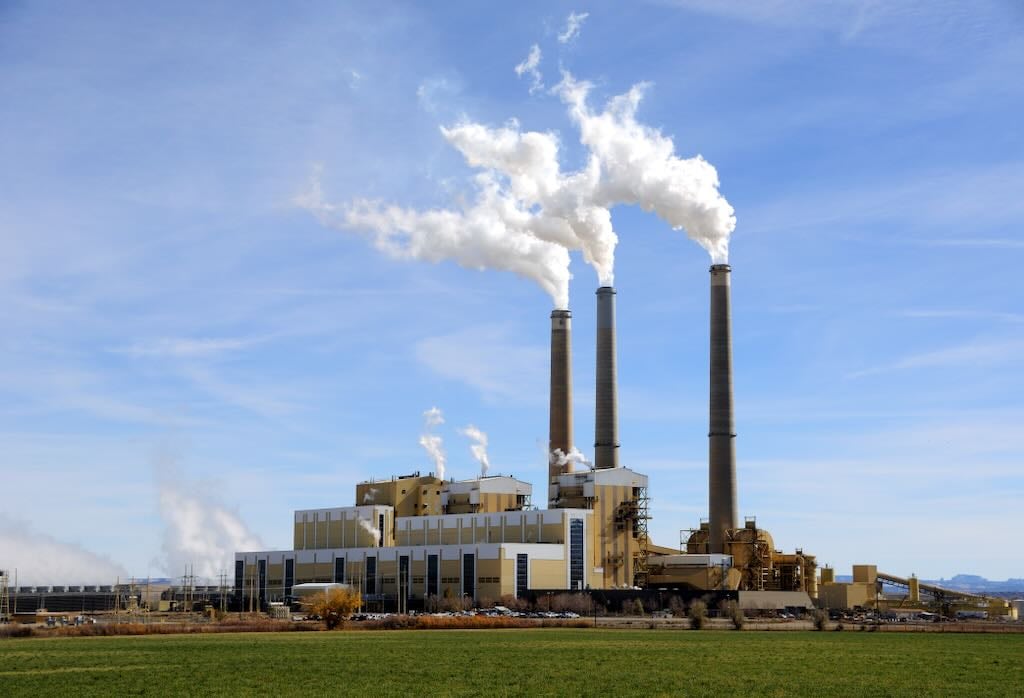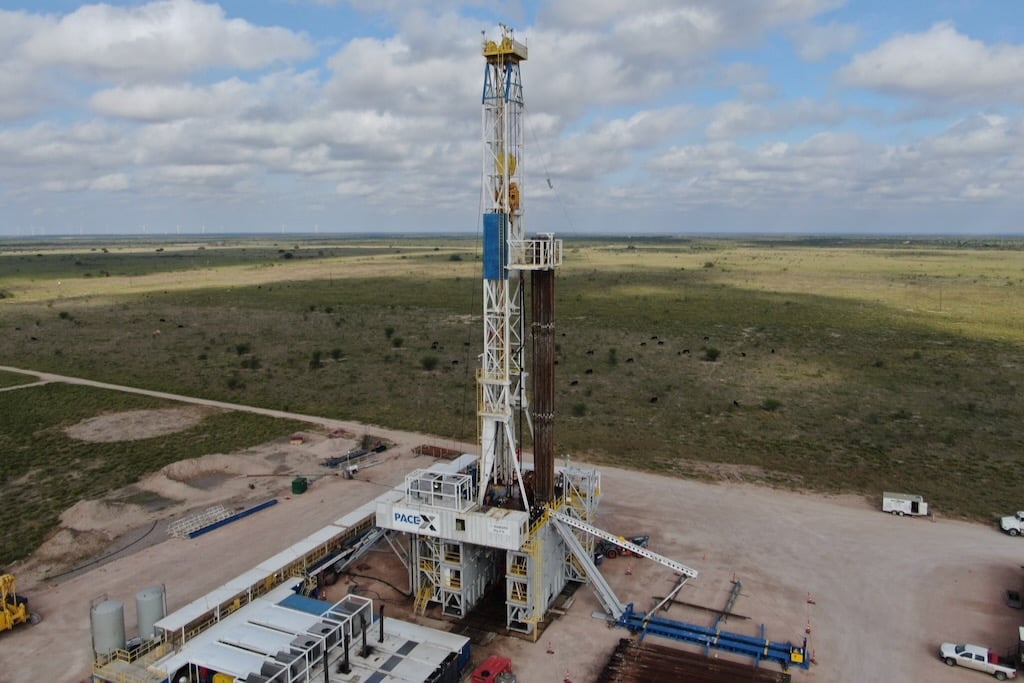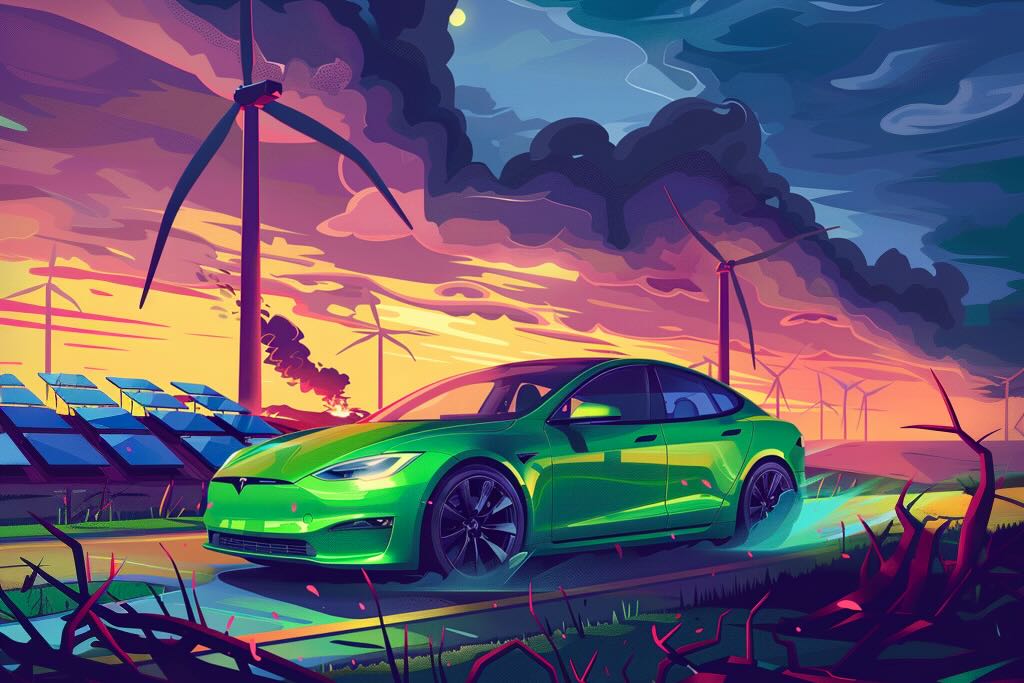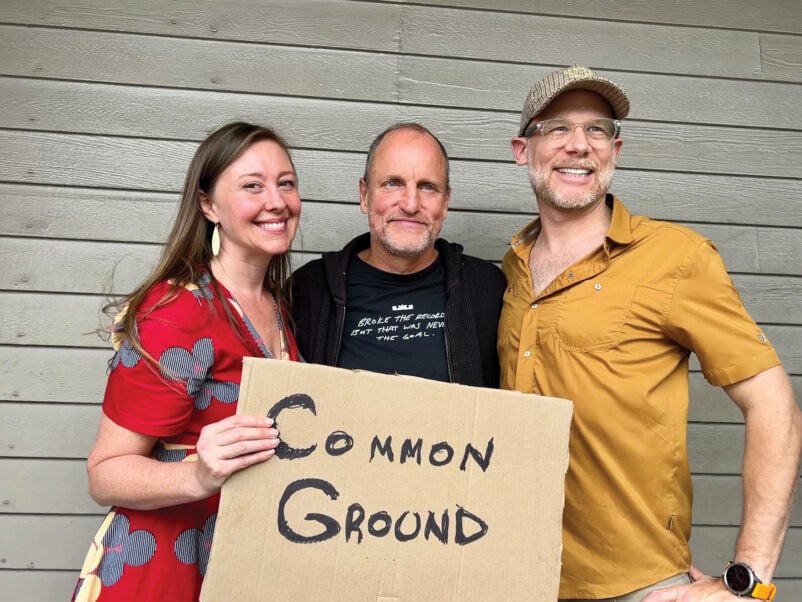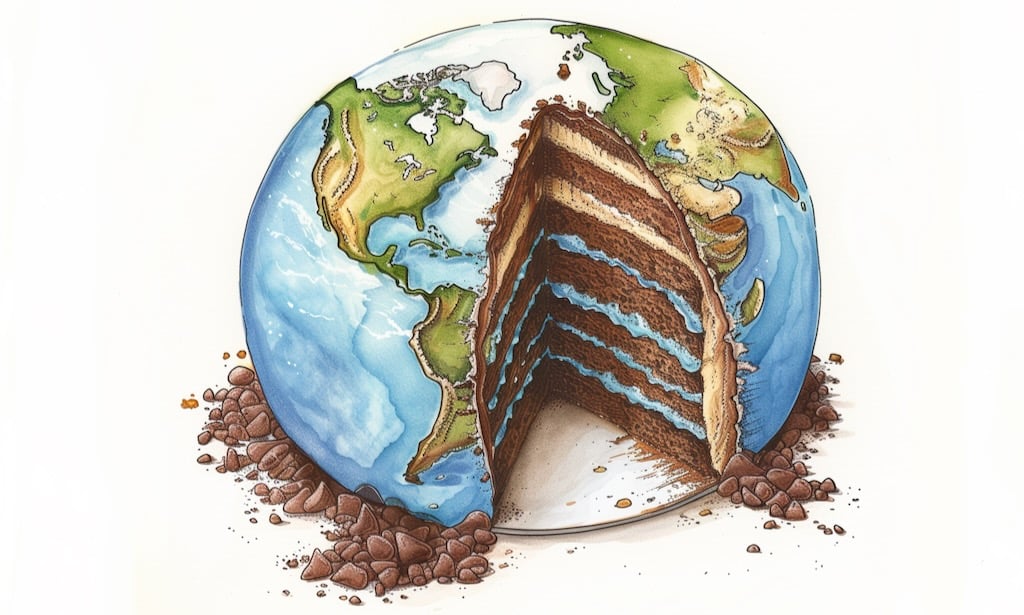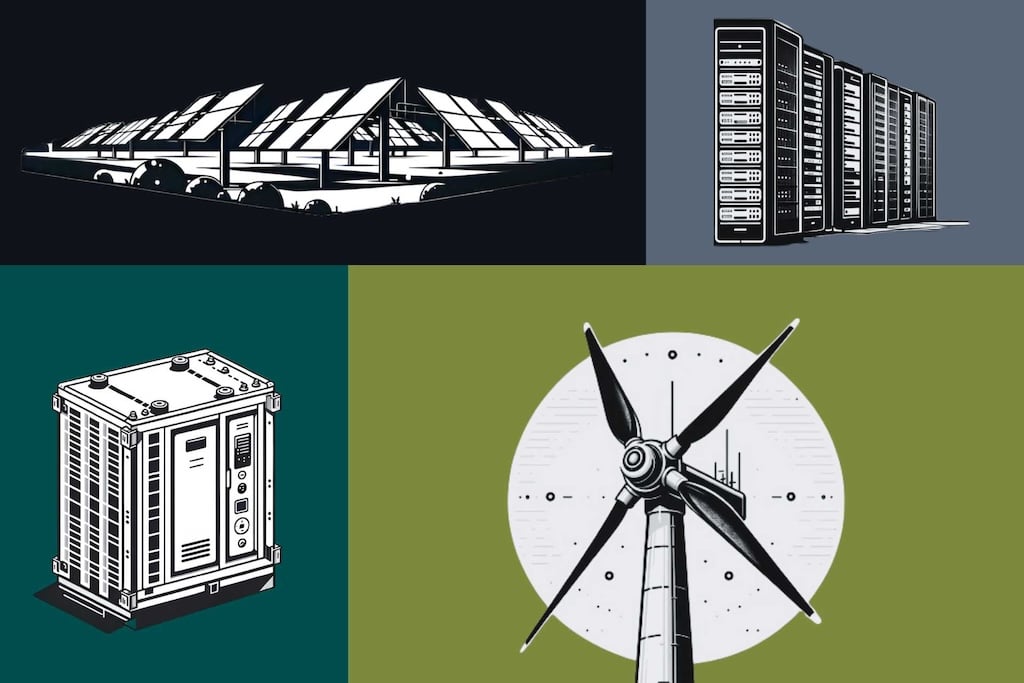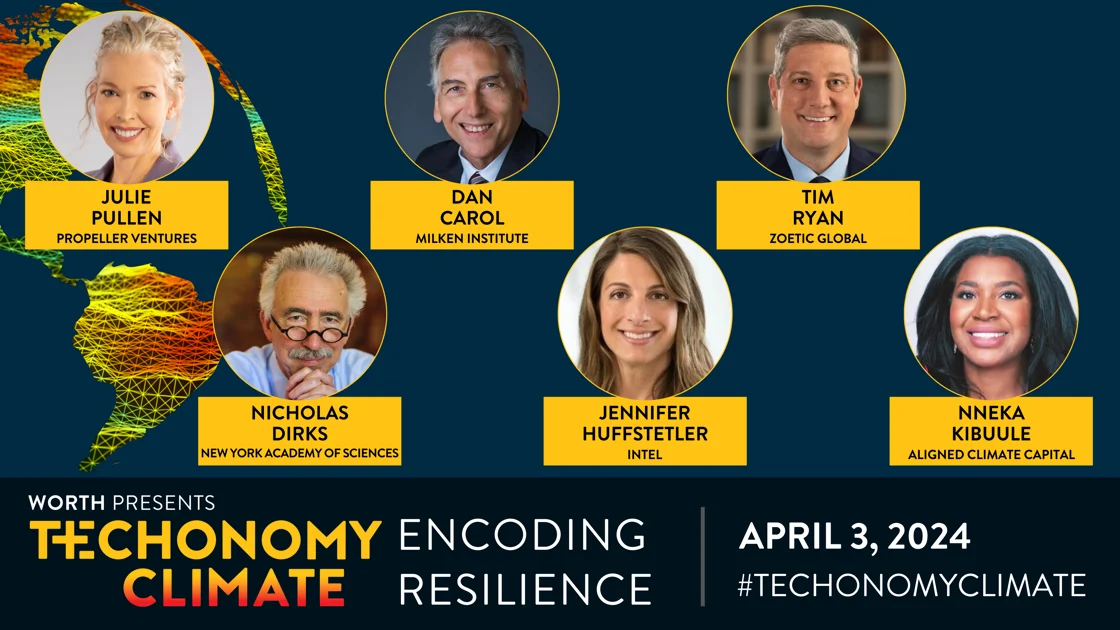On a weekend buzzing with international news, John Kerry stole the headlines when word came out Saturday that he would be stepping down as the U.S. Special Presidential Envoy for Climate in order to assist Joe Biden’s 2024 reelection effort. The news comes just before the 80-year-old politician and diplomat (and Worthy 100 honoree) is to again join one of the biggest stages in international affairs—the annual meeting of the World Economic Forum in Davos, Switzerland.
It’s familiar territory for Kerry, who has been making news, and provocative statements, at the gathering of global leaders and elites for years.
Kerry’s contributions to climate and environment rise to the top of a very tall pile of public-service undertakings. The ex-senator won his special envoy role in the current administration on the strength of his climate achievements as Secretary of State under President Barack Obama.

The Paris Climate Agreement
That work culminated in the “COP21” Paris Agreement of 2015, in which Kerry wrestled tensions both international and domestic to help forge an agreement to reduce national emissions by 80% by 2050 (against 2005 levels) and limit global warming to 1.5 degrees Celsius (2.7 F).
He built a coalition by meeting intensively with the full range of players—from small island nations most affected by rising seas, to population and emission giants China and India, concerned about climate commitments stifling their booming economies.
But the final struggle was with U.S. politics. Kerry made a hard, last-minute press to change one critical word in the deal: switching from “shall” to “should.” The final agreement stated that, “Developed country Parties should continue taking the lead by undertaking economy-wide absolute emission reduction targets.”
“Should” does not have the force of law, and would not require the Obama administration to submit the agreement for Senate approval. “Shall” would have put it before a Republican-controlled chamber committed to sinking the deal.
But Paris has been an ongoing process of refining and haggling. While international agreements aren’t typically concluded at the Alpine resort, it serves as a key spot for meetings and announcements. At Davos in 2022, Kerry spoke to the progress of ongoing negotiations with China to accelerate greenhouse emissions, including efforts to curb methane leaks. “We are going to work on the practicalities of how we move faster,” he told the Associated Press, adding that cutting coal use would be a critical component.

Controversy in Davos
It was also that year when Kerry endured criticism from his Chinese counterpart, Xie Zhenhua (who also just resigned), over what he and Chinese media called U.S. inconsistency and politicization of its climate policy.
There’s something to the argument. Under President Trump, the U.S. abandoned the new Paris Agreement. And in 2019 in Davos, then-private-citizen Kerry said that Trump should resign his office, claiming that the President “doesn’t take any of this seriously.” (The U.S. has returned to the Paris Agreement under President Biden.)
The following year, Kerry continued pushing for change through the WEF. This included backing “The Great Reset.” This sweeping-yet-vague concept, hatched in the aftermath of Covid, promotes a “stronger, more sustainable and more inclusive social contract.”
“The world is coming apart, dangerously, in terms of global institutions and leadership,” said Kerry. “The World Economic Forum—the CEO capacity of the Forum—is really going to have to play a front and center role in refining the Great Reset to deal with climate change and inequity.”
This WEF initiative has spawned scorn among conservatives predicting global policies that would hamper economic growth and conspiracy theories about a cabal of elites united in bringing the world to its economic knees and installing a world socialist regime. (The counterargument is not helped by the fact that Davos is, precisely, a meeting of government officials and global elites.)
Pushing the Private Sector on Climate
Back in government, in late 2021, Kerry partnered again with the WEF—this time to launch the First Movers Coalition of major companies committing to clean up the most-emitting industrial sectors: steel, aluminum, cement, shipping, aviation, and trucking.
At the virtual Davos meeting in 2022, Kerry called again on private companies. “No government in the world has the amount of money we need to affect this transition,” he said. “It will be private sector investment and private sector discovery more than anything else.”
As in all his efforts, Kerry has been frank in his assessments. At last year’s Davos meeting, he bemoaned progress towards the historic deal he helped broker. “I am not convinced we’re going to get there in time to do what the scientists said, which is avoid the worst consequences of the crisis,” he said.
And he laid some of the blame at the feet of corporations. “[A] whole bunch of companies in the world have chosen to say, ‘I’m going to be net zero by 2050’,” he said. “And you and I, we know they don’t have a clue how they’re going to get there.”
Worth Magazine at Davos
Worth will host three panels at the WEF’s 2024 conference in Davos. All three involve AI’s growing role in the workplace:
- Navigating the AI Revolution in Marketing and Communications | January 16, 8 AM CET/2 PM ET
- Code to Conscience: Responsible AI in Business | January 17, 7:30 AM CET/1:30 PM ET
- AI in the C-suite: How Tech’s Biggest Trend Is Disrupting Executive Work | January 17, 4 PM CET/10 PM ET
Worth will report back on the biggest lessons learned, as it did last year.

